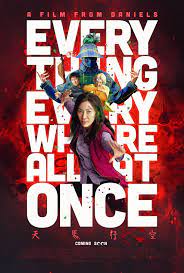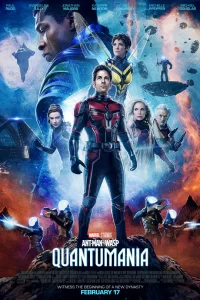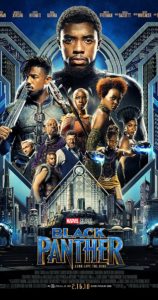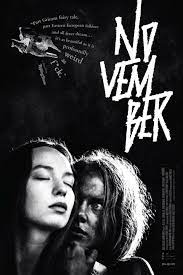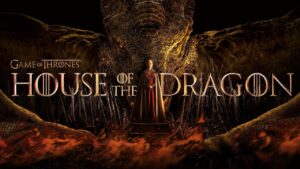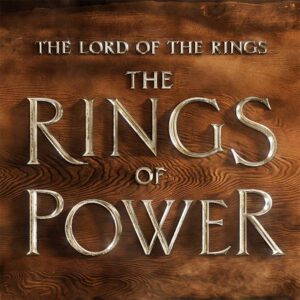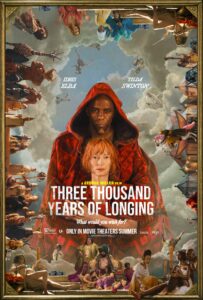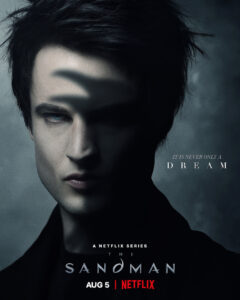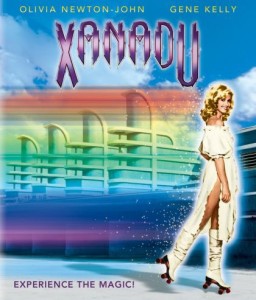It’s not that I have some great animosity towards the Academy Awards nor is my silence a protest over to whom the awards are presented. There are a great many overlooked films and persons involved in film production with many unjustly not considered for these elaborate peer group affirmations. That’s what all awards are, peer-groups reflecting the pride and prejudices of their times and members expressing collective opinions about what they approved of. These are not objective measures but as with everything associated with the arts subjective impressions and reactions.
With all that said, it warms my awards cold heart that Everything Everywhere All at Once took home so many of those little golden funny men this year.
EEAO won the Best Picture, Best Director, Supporting Actor and Actress, Lead Actress, Original Screenplay, and Editing. That is an impressive sweep and for a genre film that sways from the deeply profound about the existential dread that can lie at the heart of human existence to very silly gags about butt-plug powered martial arts, those wins are ever more impressive and less likely.
It is no secret that in the arts, stage, screen, television, and publishing, genre material, science-fiction, fantasy, and horror is often cast out to a ghetto. All too often the entity of the genre is judged as no better than its worst example. For EEAO to overcome that bias is a true achievement. EEAOwore its genre proudly on its sleeve. There was no fuzziness about its categorization with terms like, ‘elevated horror’ or ‘psychological thriller’ deployed to justify celebrating a horror film such as The Silence of the Lambs. This movie shouted its geekiness and its absurdity while pulling tears from our eyes with the truth that merely living is simultaneously both joy and agony.
We can quibble and debate which person should have won this or that award but for the moment let’s just celebrate that for this brief shining moment genre is seen as equally worthy of respect as any ‘normal’ dramatic tale.
